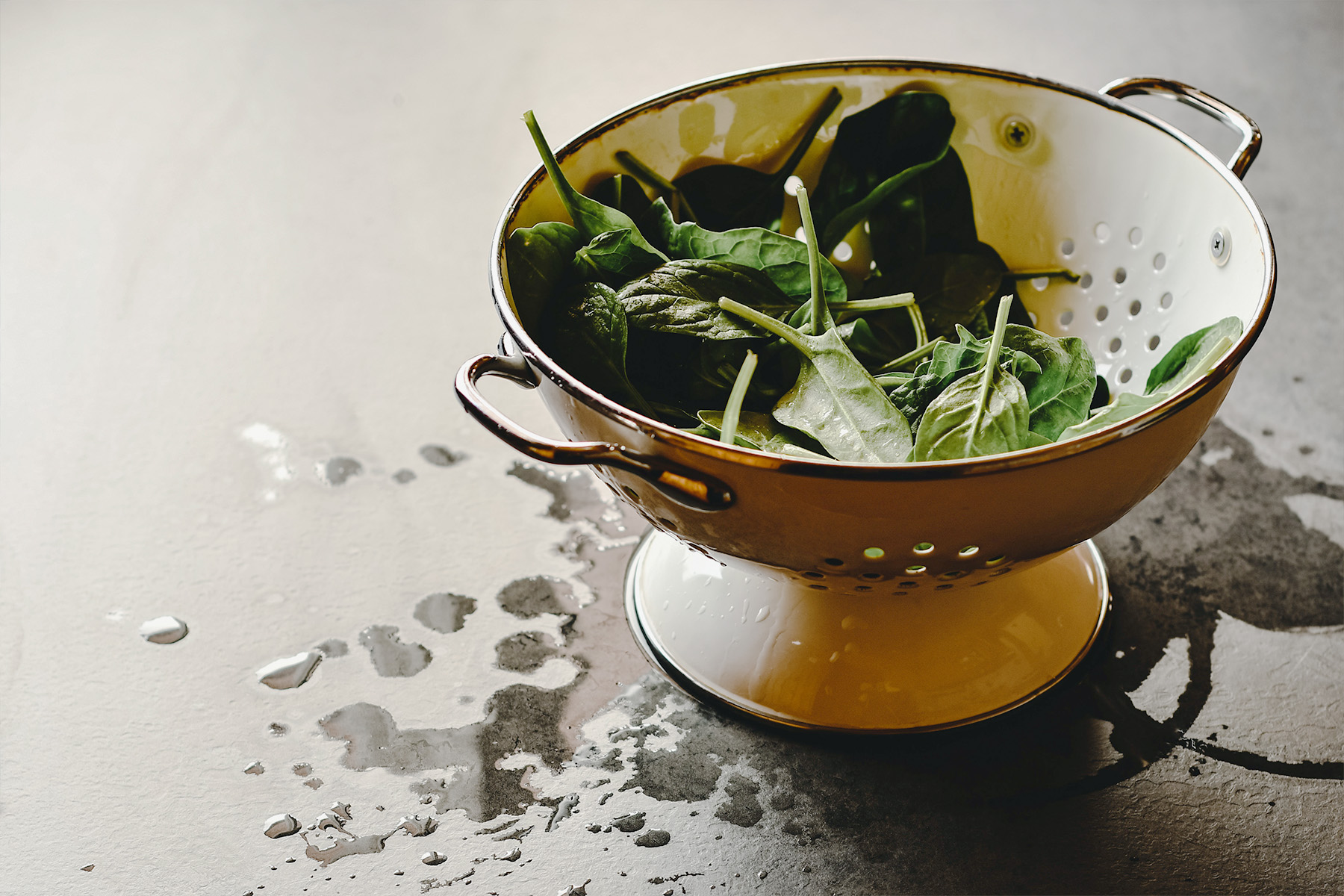Over the last few weeks, we have been discussing the basics of PCOS and its causes. PCOS stands for Polycystic Ovarian Syndrome and affects roughly 6-12% of women in the US.
One of the 4 root causes of PCOS is poor gut health, which is when the gut microbes are out of balance. This is also known as dysbiosis. Dysbiosis occurs when the conditions in the gut change. This is usually due to a diet full of highly processed foods, low fiber, and excess alcohol consumption.
Our gut is full of both good and bad bacteria. Naturally, when conditions in the gut are bad, like with dysbiosis, an ideal environment is created for bad bacteria to grow. Simultaneously, these conditions make it uncomfortable for good bacteria. Over time, bad gut health can lead to PCOS, because this bad bacteria can cause the intestines to be more permeable, leading to further symptoms of PCOS.
Although gut microbes are present in the digestive system, maintaining a healthy gut goes beyond just regulating digestion. Gut microbes help us with a number of different roles in the body. These include energy transport, immunity, fat storage, blood vessel generation, regulation of the nervous system, bone density regulation, and drug metabolization.
Despite the fact that PCOS has no known cure, there are a number of ways we can improve our gut health, which ultimately reduces PCOS symptoms.
Reduce intake of highly processed foods
Increase intake of fiber-rich foods
Eat gut-healthy foods
Increase intake of probiotics & prebiotics
Probiotics
Probiotics are a form of good bacteria that live in your gut. They can be found in different foods that are fermented or cultured, and can also be taken as a supplement. Ingesting enough probiotics leads to a number of health benefits! It boosts your mood and cognitive function, combats stress, controls blood sugar and blood pressure levels, boosts immunity and battles inflammation.
Probiotic foods
- Yogurt
- Kefir
- Sauerkraut
- Kimchi
- Miso
- Kombucha
Prebiotics
Prebiotics are used to nourish probiotics so they can grow in your gut. Prebiotics can be found in foods that contain dietary fiber. Consuming enough prebiotics can lead to better mineral absorption, protection against colon cancer, better glucose and insulin levels, and protection against intestinal infections.
Prebiotic foods
- Vegetables such as artichokes, garlic, onion, leek, asparagus, beetroot, corn, and savoy cabbage
- Fruits such as nectarines, peaches, persimmon, grapefruit, pomegranate, as well as dried fruits like dates and figs
- Whole grains such as brown bread, pasta & rice, oats, and quinoa
- Legumes such as garbanzo beans, lentils, and red kidney beans
Bottom line
Although these dietary and lifestyle changes may seem daunting, it’s all about balance and taking it slow! Start gradually and it will eventually become like second nature.
If you feel like you need some guidance, get in touch! We work with clients to create plans for PCOS that are tailored to you so they can fit in with your lifestyle. Click the button below to be redirected to our plans made specifically for PCOS & work with us!
Over on our Instagram, we have a number of easy-to-digest infographics (if you’re more of a visual learner!), @newyorkcitynutrition








